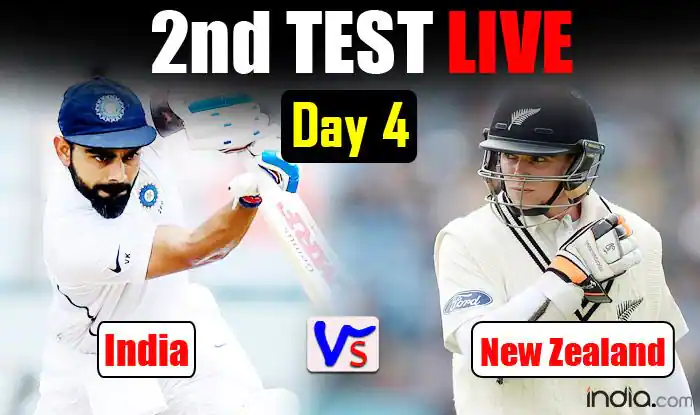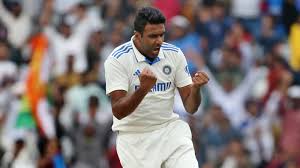Before you proceed, please read Manchester test cancelled and my views: ONE
Primacy of test cricket
The accusation of Indian cricketers not taking test cricket seriously is rather absurd. India is the only country to have played more tests than the rest over the last 15 months. Virat Kohli is on record stating that he values test cricket and wants to be the best in that format. By the end of the year, India would have travelled to Australia, England, New Zealand and South Africa in the space of just 15 months. In between, they would have played couple of home series too. It is nonsense to question the commitment of the Indian players towards test cricket. Even during the WTC Finals, Kohli called for best of three finals. In effect, he wanted more tests. If this is not favouring test cricket, I don’t know what is.
Future course of action
Under the prevailing circumstances, the best possible future course of action will be to play a 3 test series next year replacing the limited overs series and thereby award this one to India. England will be in full strength next year and they will want a swift revenge having lost to India both at home and away. That series can be billed as a revenge series. The income from such a hate filled series will be much higher than any ECB could have imagined.
ECB stands to lose in excess of 30 million GBP. BCCI perhaps must compensate ECB and split the earning from next year’s series. However, this series must not be considered as part of the WTC cycle because the cycle is already underway and it will post logistical problems if an additional series is inserted in the middle. BCCI seems to have offered to play an additional couple of T20s instead of one test. Couple of T20s can never replace the thrill of a test and the income from a 4 hour game as against 5 days of play will be less. I don’t think the ECB will agree to this solution unless BCCI agrees to compensate ECB in full for the cancelled test.
BCCI owes English cricket
Indian cricket and BCCI in particular owes a debt of gratitude to English cricket. After the 2008 Mumbai terrorist attack, the English team left India but came back to play a couple of tests. Sunil Gavaskar has correctly pointed this out when asked for his views on Star Sports.
“Look, we, in India, should never forget what the England team did in 2008 after the horrific attack, the 26/11. They came back. They would have been perfectly entitled to say: ‘We don’t feel safe. We are not coming back.’ Don’t forget, the gesture of the ECB has to be remembered.”
What the BCCI must do is pretty obvious. They will have to schedule this lonely test or a series of tests next year. That is the least they must do to repay the debt that Indian cricket owes the England players.
What do I think was the reason?
It surely wasn’t because of the IPL. Nor was it because the Indian team feared losing at Old Trafford and wanted to preserve the lead. As explained earlier, these players are on the road for a pretty long time. All the tests against England were fought really hard between the teams with two of them going onto the fifth day. The pitch at The Oval did not help matters either. Bowlers were forced to strive as hard as they can to extract life out of that surface. At the end of the test, the Indian bowlers were exhausted and they needed a way out. Opportunity presented itself in the form of Parmar and they took it. Now, they will have 2 weeks to rest and rejuvenate.
It is the game’s administrators that must be blamed for such a farce and not the players. As I had warned before, BCCI has whipped the horse that is the Indian cricket team more than they are capable of by arranging for lot of meaningless games. Now, they have reached breaking point. I think this is only the tip of the iceberg. If things are not pulled back to more reasonable number of games, this will happen in the future too. Even in the post Covid world.
Enough of this nonsense, BCCI
The fat lady has sung but will the BCCI listen? The answer is clear. They will not. The board will still go ahead and schedule meaningless games that the players will have to endure. Indian players will be playing the IPL which will be followed by the T20 WC, New Zealand series at home followed by the South African series. If you think that the players will get much needed rest after that series, you are wrong because it will be followed by games against Sri Lanka, West Indies and New Zealand and will seamlessly land in 2022 IPL. One can easily imagine that the Covid protocols still remain. The mental toll on the players is really mindboggling.
Former players and commentators must speak up against this inhumane treatment. This is getting ridiculous. If this continues, the careers of most of the players will be shorter than usual. Will the former players of the calibre of Gavaskar, Manjrekar, Sehwag, Dravid, Tendulkar or Laxman speak up against the board? Especially Gavaskar whose views are respected? Afterall he is above 70 and has earned enough and must be in a position to not be afraid of the BCCI. Tendulkar who is loved and admired in this country must voice his views against the board. Same with Rahul Dravid even if that means he will not be part of the NCA or the Under 19 teams.
I am afraid we may not see these come to fruition. No one would want to take on the BCCI if it means financial loss for him or her. That is the sad state of affairs for this game in this country.



